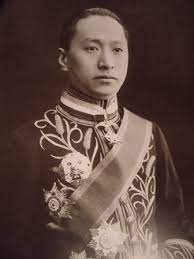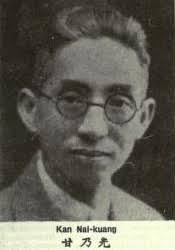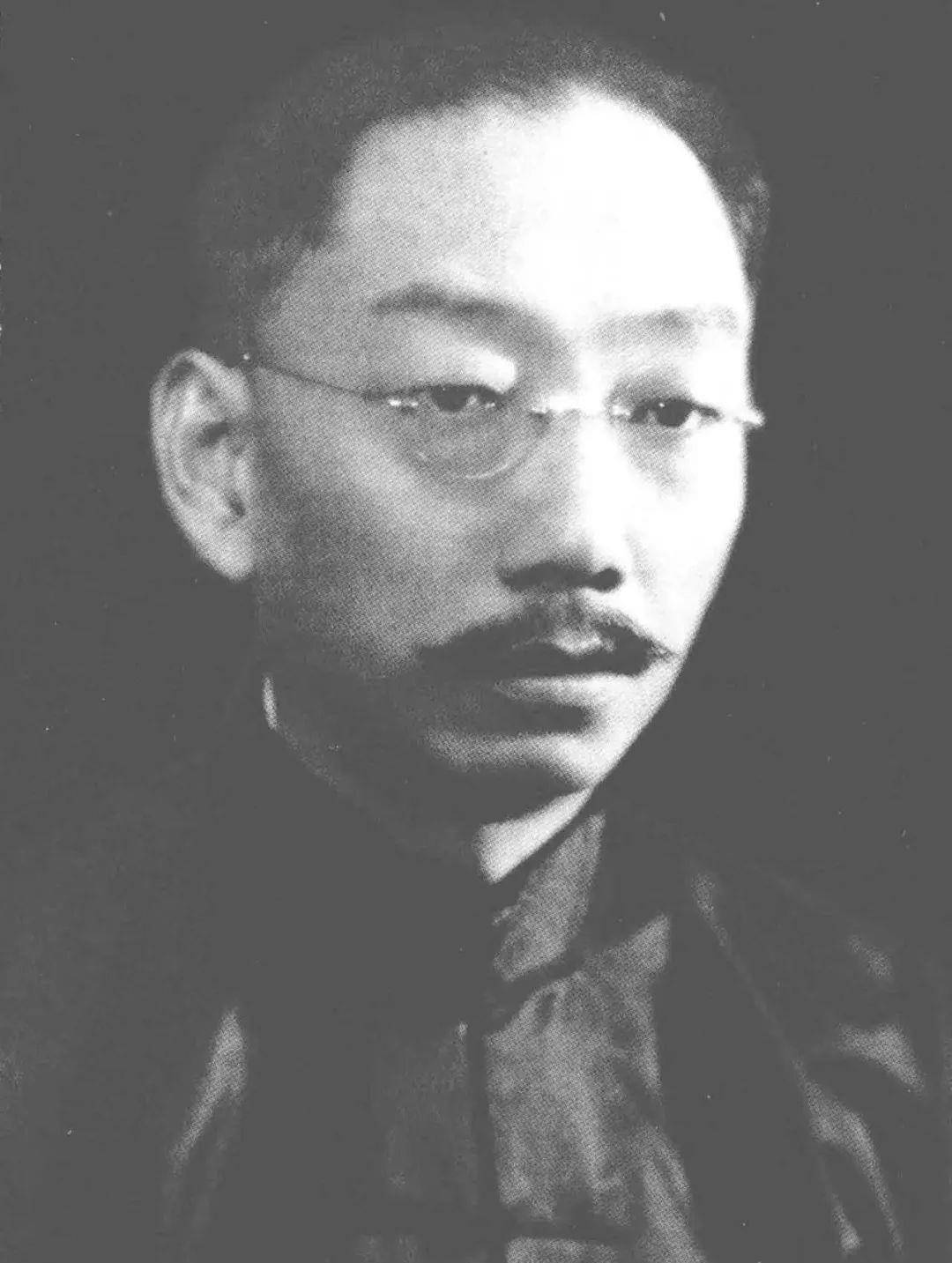Lo Wen-kan (1888-16 October 1941), Oxfordtrained barrister who served the Peking government as minister of justice and chief justice of the Supreme Court and the National Government as minister of justice and minister of foreign affairs. He retired from public life in 1935. I Panyü, Kwangtung, was the birthplace of Lo Wen-kan. After receiving his […]











